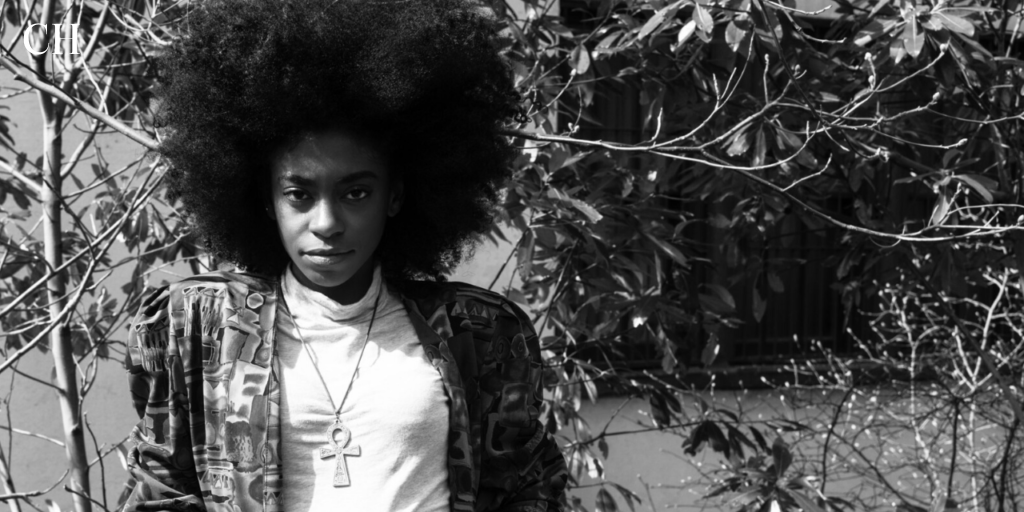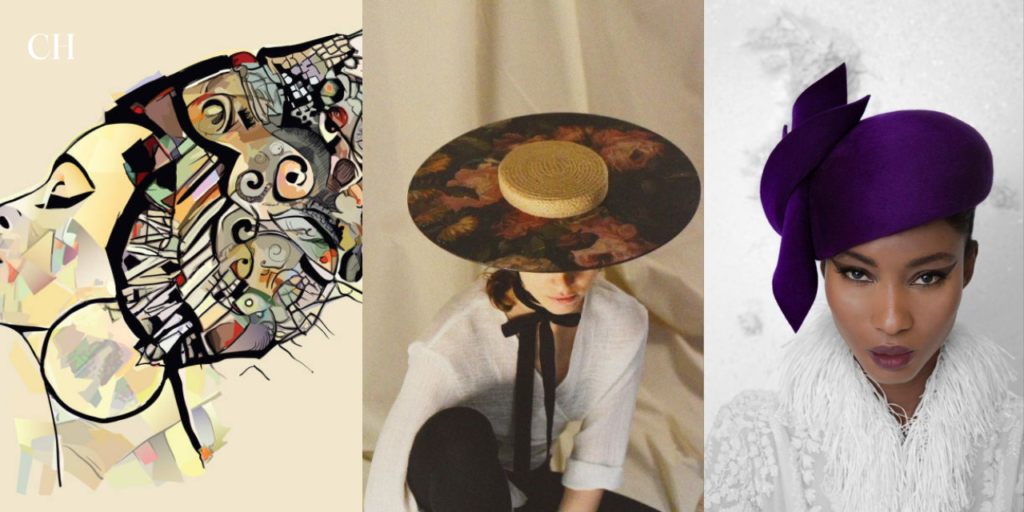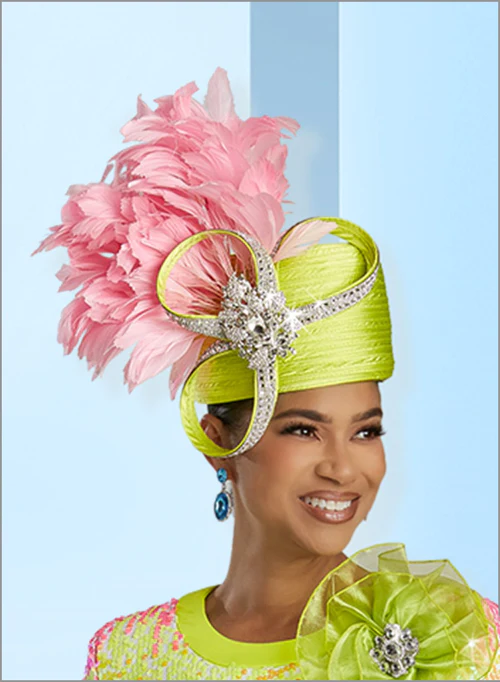
The Natural Hair Movement among Black women is a significant cultural and social phenomena that promotes the acceptance and appreciation of Black women’s natural hair texture and styles. This movement challenges the long-standing demand to conform to Eurocentric beauty standards, which frequently include artificially straightening hair. Historically, throughout slavery and the post-emancipation era, black hair was stigmatized, and straightening procedures such as hot combs and chemical relaxers were commonly utilized to integrate. However, the Civil Rights Movement of the 1960s and 1970s saw a shift as the Black Power Movement embraced natural hair, particularly afros, as symbols of pride and resistance against racial oppression.
The modern natural hair trend gained traction in the early 2000s, thanks in large part to the internet and social media platforms. Black women began sharing their natural hair journeys, advice, and styles online, resulting in a thriving community that embraced natural hair. This movement also had a huge economic influence, as the beauty industry saw an increase in products specifically created for natural hair, resulting in the growth of Black-owned hair care companies. The movement’s cultural impact is visible in the growing representation of natural hair in media, fashion, and the workplace, which aids in the fight against stigma and promotes self-esteem.
According to Luster Products The movement for acceptance and legal protection of natural hairstyles emerged in the 1960s, a time when the African American community was fighting for civil rights. A struggle that touched on every fabric of life for a community that faced institutional discrimination everywhere. The 1960s themselves were a tumultuous time. The Vietnam War and the Civil rights movement were key events in a decade of struggle. A period of upheaval with distinctive signs of protest. One significant sign or symbol of that time was long hair. The youth’s wearing your hair was a noticeable and straightforward way to protest the establishment.
The natural hair movement fosters a sense of solidarity and empowerment, which is another important feature. Online platforms and social media have enabled Black women to support one another, exchange advice, and celebrate their natural hair, fostering solidarity and self-empowerment. However, despite these encouraging developments, difficulties persist. Black women continue to endure discrimination in schools, jobs, and public settings because of their natural hair. Legal fights and legislative initiatives, such as the CROWN Act (Creating a Respectful and Open World for Natural Hair), seek to address and eliminate hair discrimination. Furthermore, overcoming internalized biases that favor straight hair can be tough, but the movement promotes re-education and a shift in view toward accepting natural beauty.
Celebrities, bloggers, and influencers have all been crucial in advancing the natural hair movement. Natural hair normalization and celebration have been aided by the efforts of famous celebrities like Lupita Nyong’o, Viola Davis, and Tracee Ellis Ross, as well as social media personalities like Naptural85 and Curly Nikki. Positive changes in the beauty industry and societal perspectives have been sparked by their contributions. All things considered, the Natural Hair Movement is a force for good, questioning social conventions, encouraging self-love, and propelling a profound change in the cultural fabric in favor of Black women’s natural hair.


